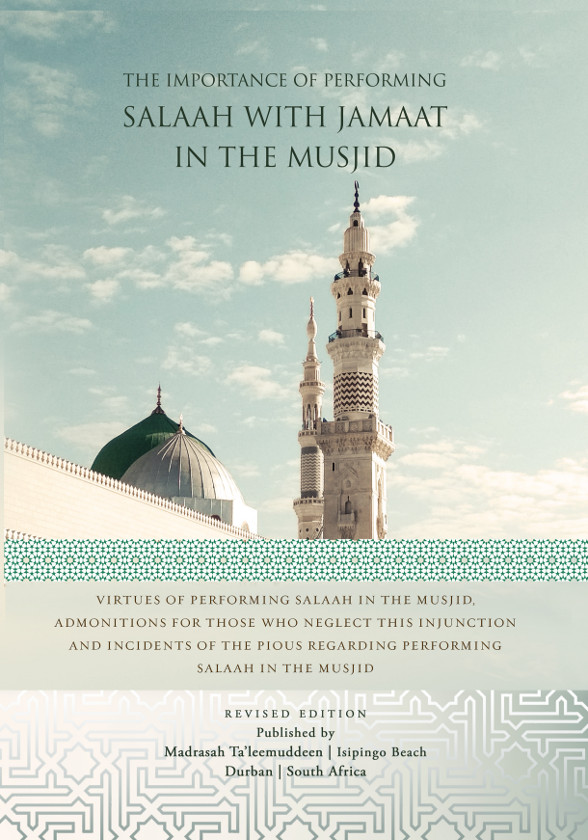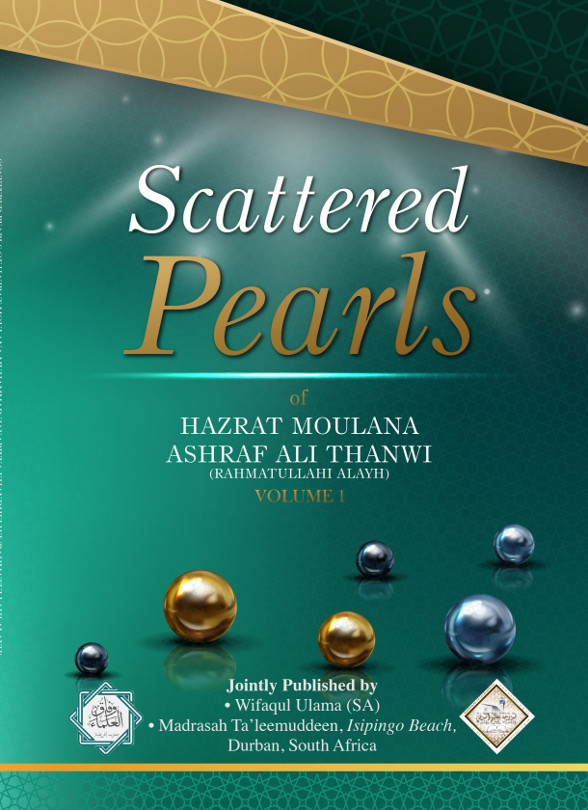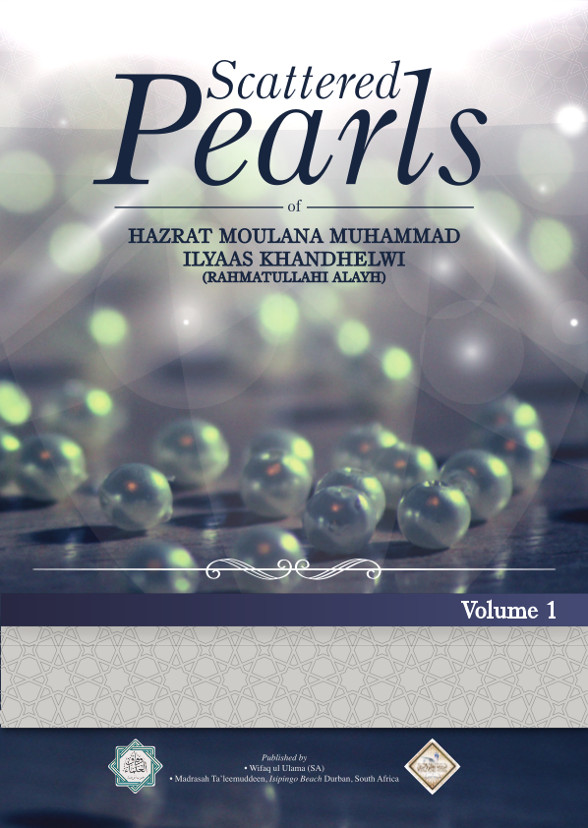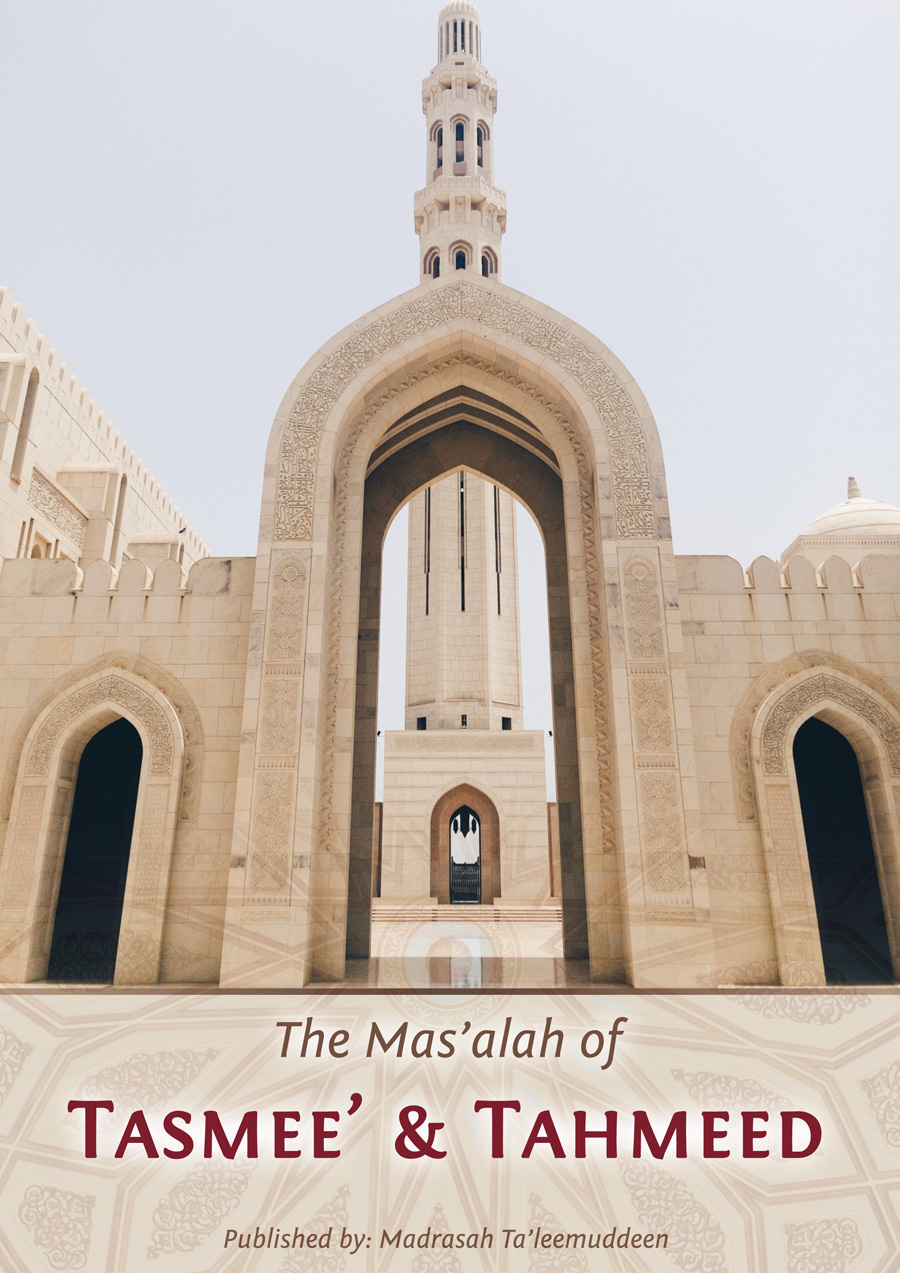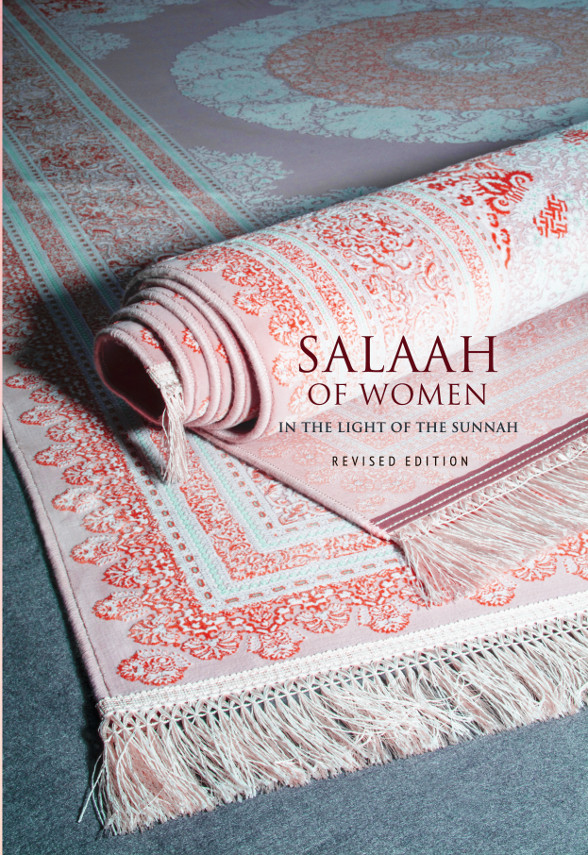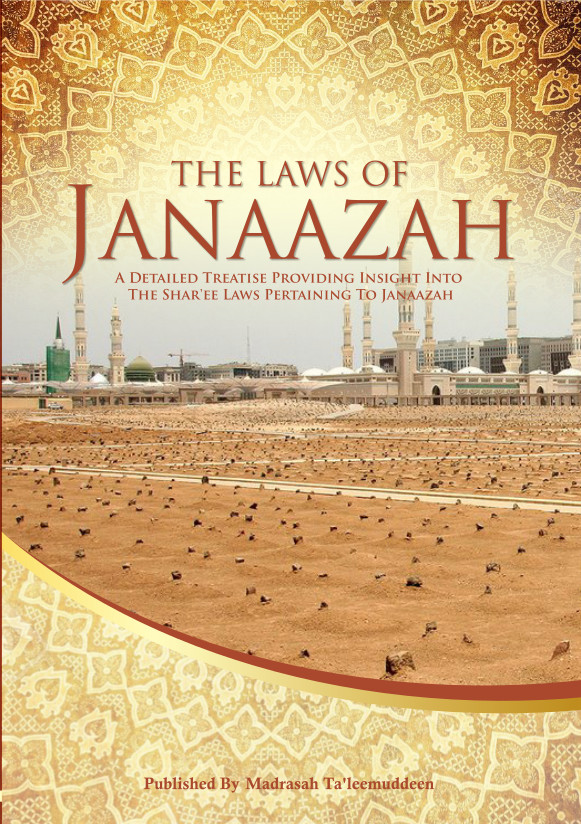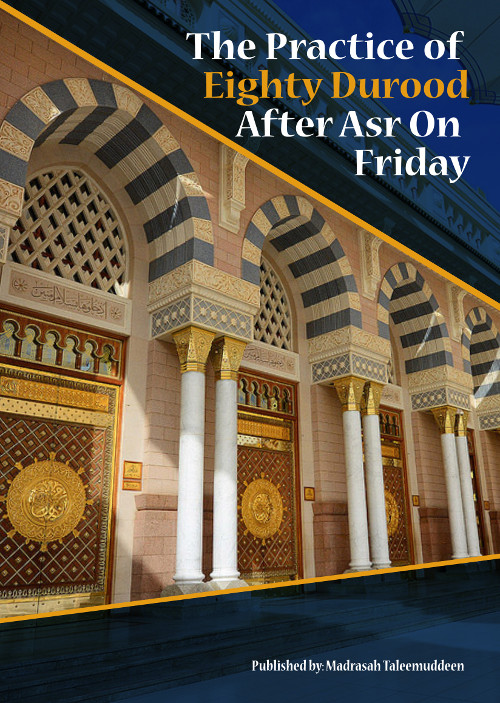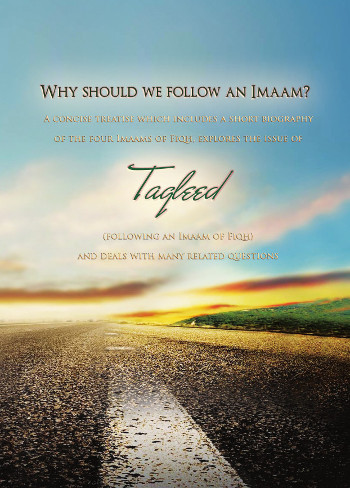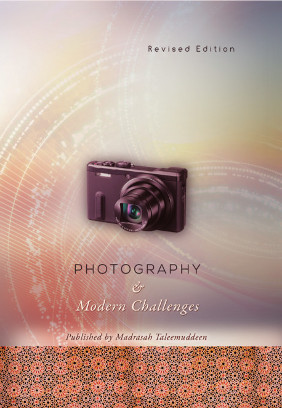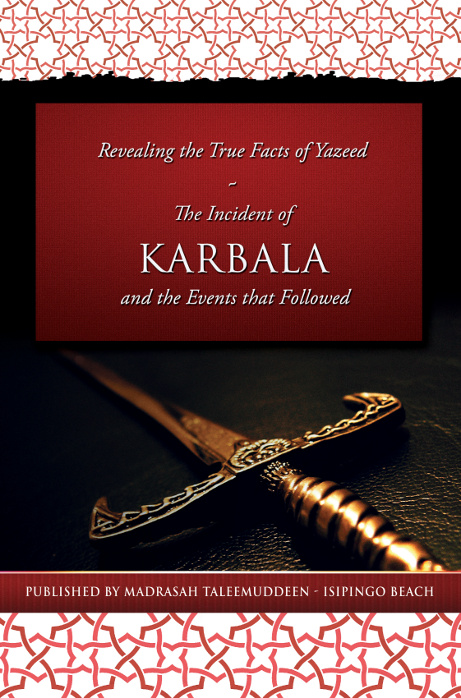Sitting on a chair and performing Salaah
Q: I am 50 years old. I have been making namaaz regularly in the musjid daily all my life and for the past year or so. I make namaaz at home and only jumah in the musjid. This is due to chronic pain in my feet, toes and legs and I can't bend my toes anymore hence I sit on a chair when I make namaaz. I only go for jumah and don't sit on a chair at jumah. I make the two rakaat fard of jumah normal though I go through great pain. As soon as the fard is over I leave the musjid instantly. My great worry is that recently I read that we can't sit and make namaaz. The article read beware of the chair and stay away from the chair as namaaz on a chair is not accepted. I am in deep worry and cry a lot daily. I am unable to go for treatment to a private doctor or hospital as I am a pauper. I cannot go to government hospitals as every person I know with feet problems like mines land up with operations in the government hospitals but either loose their legs or land up with their feet being worse. I don't drink nor smoke. I strictly eat halaal food and live a clean life but still have this problem. I want to know if all my namaaz I made sitting is baatil. Yesterday I put pads around my feet and legs and attempted namaaz standing but the pain extends to my back. I am not cripple nor old aged and have no sickness so old age is not an excuse. Kindly advise what to do as I am unable to go for treatment so this pain becomes worse hence I will be sitting and makng namaaz.

A: If it is difficult for you to perform the Salaah standing due to the severe pain, it will be permissible for you to sit on a chair and perform the Salaah.
And Allah Ta'ala (الله تعالى) knows best.
(وإن قدر على بعض القيام) ولو متكئا على عصا أو حائط (قام) لزوما بقدر ما يقدر ولو قدر آية أو تكبيرة على المذهب لأن البعض معتبر بالكل (وإن تعذرا) ليس تعذرهما شرطا بل تعذر السجود كاف (لا القيام أومأ) بالهمز (قاعدا) وهو أفضل من الإيماء قائما لقربه من الأرض
قال الشامي : قوله (بل تعذر السجود كاف) نقله في البحر عن البدائع وغيرها وفي الذخيرة رجل بحلقه خراج إن سجد سال وهو قادر على الركوع والقيام والقراءة يصلي قاعدا يومىء ولو صلى قائما بركوع وقعد وأومأ بالسجود أجزأه والأول أفضل لأن القيام والركوع لم يشرعا قربة بنفسهما بل ليكونا وسيلتين إلى السجود اه قال في البحر ولم أر ما إذا تعذر الركوع دون السجود غير واقع اه أي لأنه متى عجز عن الركوع عجز عن السجود نهر قال ح أقول على فرض تصوره ينبغي أن لا يسقط لأن الركوع وسيلة إليه ولا يسقط المقصود عند تعذر الوسيلة كما لم يسقط الركوع والسجود عند تعذر القيام (رد المحتار 2/97)
(إذا تعذر على المريض كل القيام) وهو الحقيقي ومثله الحكمي ذكره فقال (أو تعسر) كل القيام (بوجود ألم شديد أو خاف) بأن غلب في ظنه بتجربة سابقة أو إخبار طبيب مسلم حاذق أو ظهور الحال (زيادة المرض أو) خاف (بطأه) أي طول المرض (به) أي بالقيام (صلى قاعدا بركوع وسجود) لما روى عن عمران بن الحصين قال كان بي بواسير فسألت النبي صلى الله عليه و سلم عن الصلاة فقال صل قائما فإن لم تستطع فقاعدا فإن لم تستطع فعلى جنب زاد النسائي فإن لم تستطع فمستلقيا لا يكلف الله نفسا إلا وسعها (ويقعد كيف شاء) أي كيف يتيسر له بغير ضرر من تربع أو غيره (في الأصح) من غير كراهة كذا روي عن الإمام للعذر (وإلا) بأن قدر على بعض القيام (قام بقدر ما يمكنه) بلا زيادة مشقة ولو بالتحريمة وقراءة آية وإن حصل به ألم شديد يقعد ابتداء كما لو عجز وقعد ابتداء هو المذهب الصحيح لأن الطاعة بحسب الطاقة (وإن تعذر الركوع والسجود) وقدر على القعود ولو مستندا (صلى قاعدا بالإيماء) للركوع والسجود برأسه ولا يجزيه مضجع (حاشية الطحطاوي على مراقي الفلاح صـ 430-431)
Answered by:
Checked & Approved:



